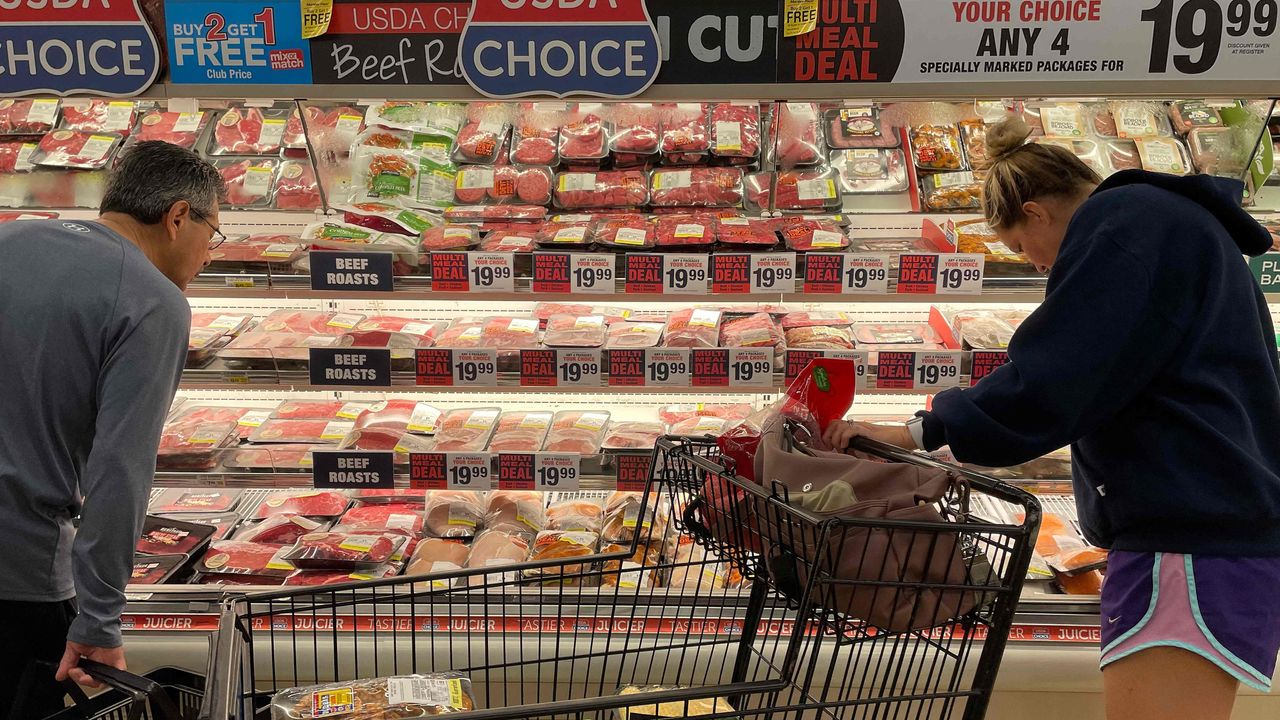MarketWatch
The numbers: A survey of consumer sentiment rose in early February to a 13-month high of 66.4, signaling Americans are cautiously optimistic about the U.S. economy as inflation ebbs.
The index increased from 64.9 in January, the University of Michigan said in its preliminary report. It was the third straight gain and well above the record low of 50 set last summer.
Consumer sentiment is still fairly weak, however. The index was far below its Coronavirus-era peak of 88.3 in April 2021 and a pre-pandemic high of 101.
Key details: A gauge that measures what consumers think about their financial situation — and the current health of the economy — climbed to 72.6 last month from 68.4. That was the highest level in 14 months.
Another measure that asked about expectations for the next six months fell to 62.3 from 62.7, signaling somewhat greater worry about the health of the economy later in the year.
Americans still viewed inflation as a threat. They expected the inflation rate in the next year to average about 4.2%. In January, respondents said they expected a 4% inflation rate.
In the longer run, consumers said they saw inflation falling toward 2.9%. That number would still be significantly above the Federal Reserve’s 2% target.
Top Fed officials pay close attention to inflation expectations because they could be a harbinger of future price trends.
The current 12-month rate of inflation is 6.5%, based on the consumer-price index. It’s fallen from a 40-year peak of 9.1% last summer.
Big picture: Americans are getting some relief from high prices, especially gasoline, as a big wave of inflation ebbs.
Yet rising interest rates orchestrated by the Fed to quell inflation also threaten to induce a recession. A number of large companies have announced layoffs in response to a slowing economy.
Looking ahead: “Overall, high prices continue to weigh on consumers despite the recent moderation in inflation,” said Joanne Hsu, director of the survey. “Combined with concerns over rising unemployment on the horizon, consumers are poised to exercise greater caution with their spending in the months ahead.”














